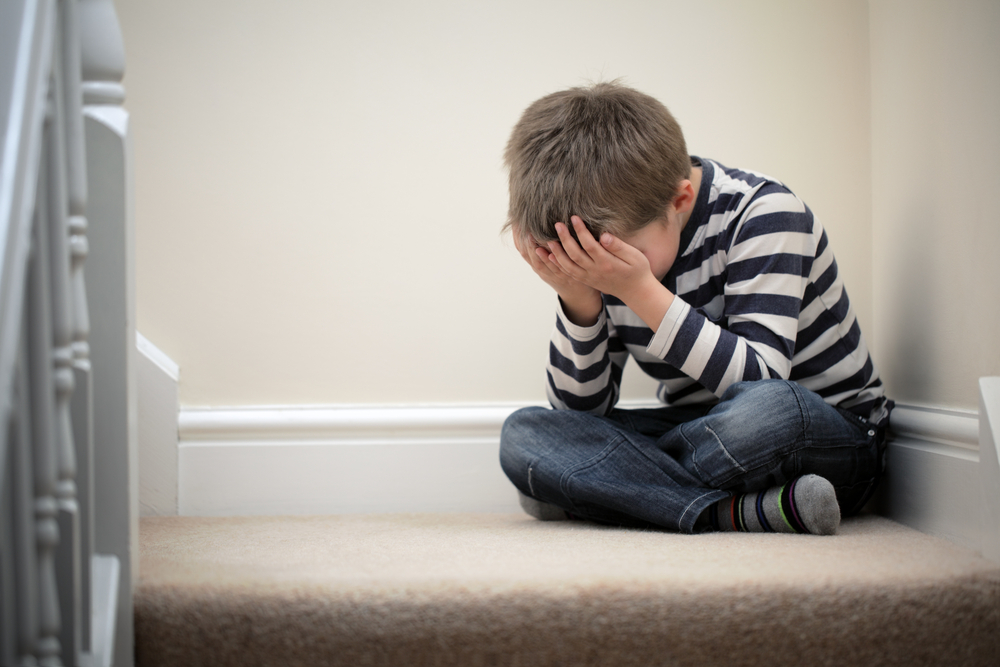The following article was recently published on The Guardian’s website and discusses the results of a survey suggesting four in 10 GPs suggest seeking private care for mentally ill children.
Survey finds 43% of doctors tell parents that NHS services are too overwhelmed to help
Four in 10 GPs are advising parents to seek private care for mentally ill children because NHS services are too overwhelmed to help.
In a survey, 43% of UK family doctors said they told parents whose children were struggling with anxiety, depression, self-harm or eating disorders to seek treatment privately if they could afford it because NHS care is heavily rationed and involves delays of up to 18 months.
The fact that so many families are being directed to private treatment highlights the inability of NHS child and adolescent mental health services (CAMHS) to cope with the growing demand for care from under-18s who have mental ill health.
Many GPs who took part in the research, undertaken by the mental health charity Stem4, criticised CAMHS for not being available to see children and young people they referred for care. Some described CAMHS as “dire”, “extremely lacking”, “non-existent” and “totally, horrifically, grossly inadequate”. One GP said: “Seeing a psychiatrist is more difficult than seeing the pope.”
Dr Nihara Krause, a consultant clinical psychologist and founder of Stem4, said: “Parents want support for their children and young people as soon as possible and so will often stretch themselves financially to pay for treatment. Parental anxiety about the mental health needs of young people is high and sobering statistics on, for example, suicide being the primary cause of death in young people adds very real fear.
“Parents whose child has cancer or a serious physical health condition would never have to pay for private care, so why should it be OK for those whose children have mental health problems to be told to do that? This again shows that the much-vaunted ‘parity of esteem’ between physical and mental health services is still a far-off goal.”
GPs’ advice to go private has prompted concern that it results in a two-tier system in which children from poorer families are denied any care and leaves parents who can pay the fees involved confused as to which private mental health professional is best placed to help.
“These findings are a cause for serious concern. Timely access to mental health support is essential, and asking parents to pay for their children to get help will exacerbate inequalities that are already very stark,” said Andy Bell, the deputy chief executive of the Centre for Mental Health thinktank.
Krause said: “From a GP’s perspective it makes sense that they are offering parents something to help the escalation of a potential problem. However, it concerns me that so many parents of children and young people are being advised to pay for private care.
“Some parents are concerned about making the right choice of private practitioner since it is confusing to check on who is regulated and suitably qualified, and at the same time some are also sometimes disillusioned about the long wait, potential rejection and the level of care they receive from CAMHS.”
The private sector cannot always provide the specialist assessment and intervention that under-18s with complex mental health conditions need, she added.
The survey also found that:
- Fifty-four per cent of children and young people aged 11 to 18 are rejected for treatment by CAMHS, even though GPs only refer those in greatest need.
- Those who are accepted face long waits for care of between three and six months (27%) and up to 12 months (28%).
- GPs trying to help troubled youngsters refused CAMHS care have few other options except for schools and charities, which are already overburdened by demand.
In addition, 73% think NHS children and young people’s mental health services have got worse over the last year, despite an array of government pledges and initiatives since 2014 and extra funding. Four in five (83%) GPs say there has been a rise in the number of young people seeking help because of anxiety while 79% have seen more coming with depression, 64% with self-harm and 35% with eating disorders. Experts believe the increase in mental ill health in under-18s is linked to exam stress, bullying on social media, poverty, pressure to look good and be popular, and dysfunctional backgrounds.
A separate poll of 1,000 parents found that many believe the difficulty of accessing CAMHS care for their child means they have been left to fend for themselves. Seventy-six per cent said they worried about their child’s mental health, 72% feared their child might come to harm, and 56% felt they would be ill-equipped to deal with difficulties if they arose.
Only a minority of parents – 31% – said they had been able to access treatment for their child through CAMHS. Of those who did, 71% rated the care as good or very good.
An NHS England spokesperson said: “Actually, record numbers of children and young people are being treated for mental health conditions, waiting times are improving significantly and the NHS is ahead of its target to treat 70,000 more children every year by 2021, as part of the NHS long-term plan.”
Source: The Guardian
If you are looking for confidential and professional advice contact the Local Counselling Centre today.





